10 Things To Eat This Monsoon
Freshness in the air, brighter colours, thundering clouds and cracking lightning – that’s the beauty of monsoon. This season is all about enjoying the little luxuries in life – like some hot fried pakoras over a steaming cup of “adrak wali chai”. Oh, how we love it!
Why do we need to be extra cautious during monsoon?
According to various health experts, our immunity system takes a dip during monsoon, making us vulnerable to colds, flu, viral and water-borne infections. Thankfully, this gloomy cloud has a silver lining! We can prepare our bodies to fight against such problems by consuming the right kind of food. There are lots of natural ways to fight infections and supercharge your immune system and we’ve handpicked a few for you.
I. Food to include this rainy season
1. Garlic
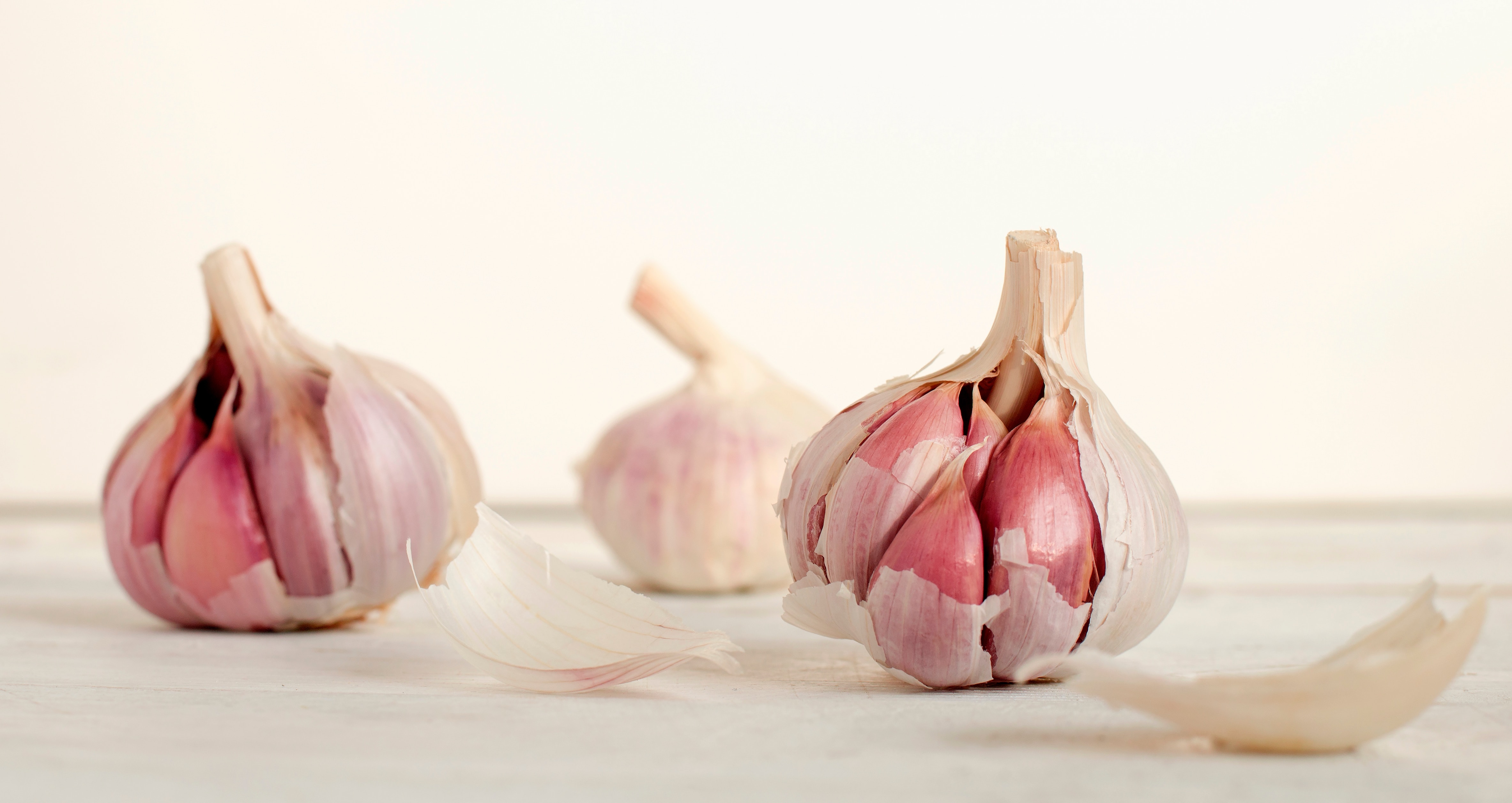
Garlic is a natural way to boost your immunity this monsoon. People who eat garlic regularly are less susceptible to catching colds and flu. You can add garlic in soups, curries, butter toast, pasta and salad dressings. Here are ten ways to include raw garlic in your diet daily.
2. Ginger
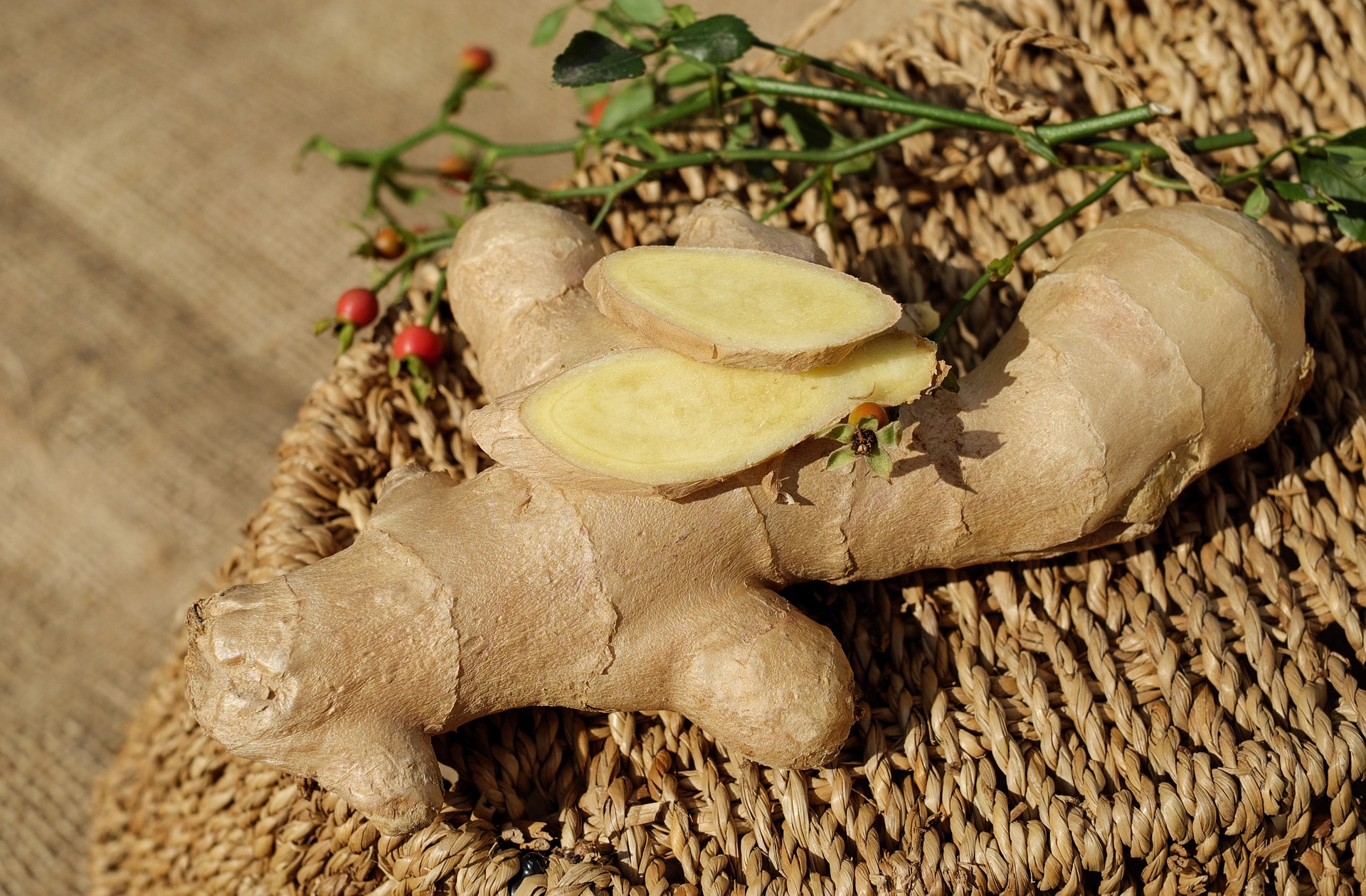
Let this root work its magic this monsoon. Ginger has super antibacterial and antiviral properties which help to treat the cold and flu. It also combats cough and congestion as its expectorant properties loosen mucus and soothe lung tissues. Fresh ginger, shredded or chopped, can be consumed with honey or water to treat symptoms of cold and flu.
3. Turmeric
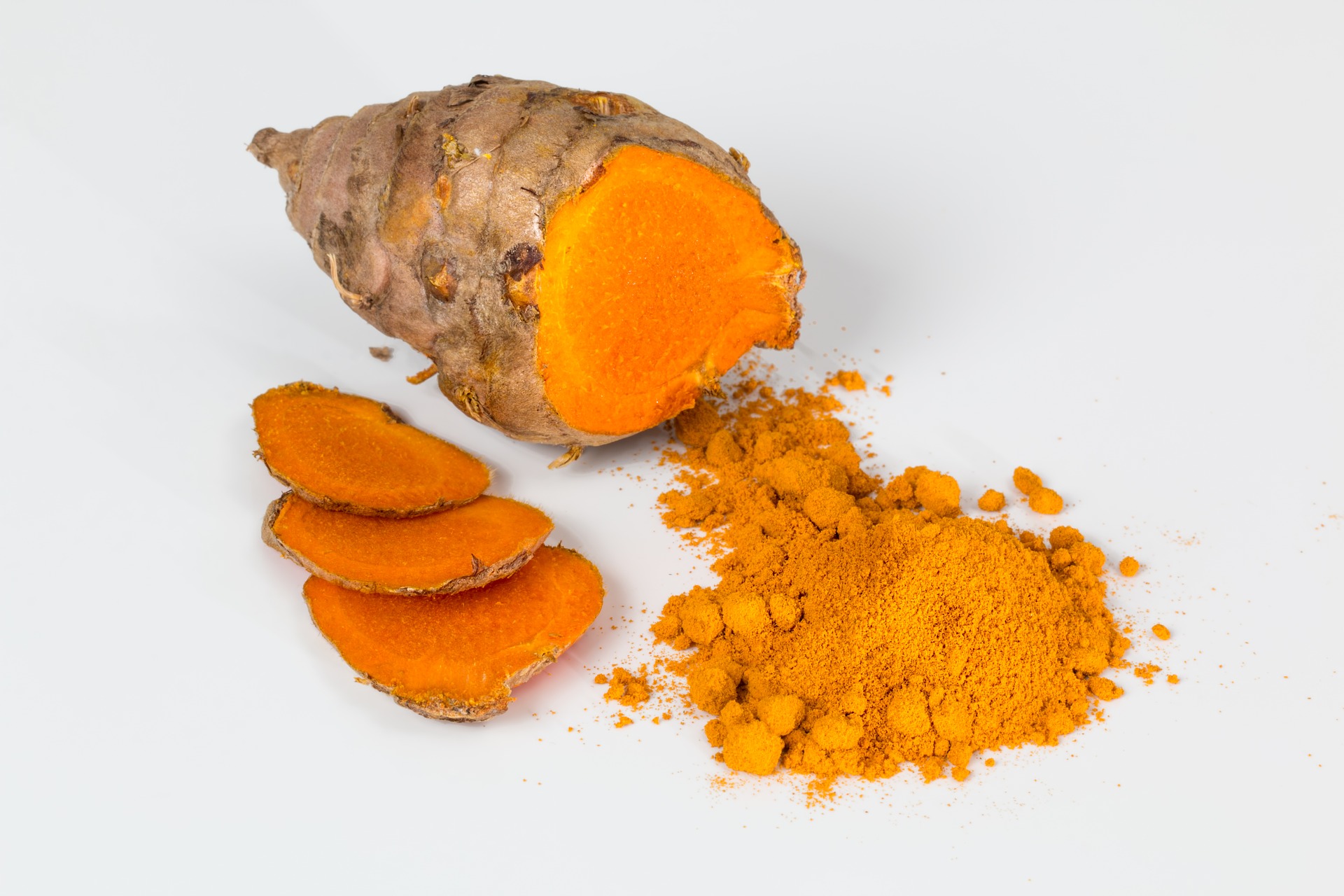
Turmeric is one of the oldest known medicinal herbs. It is loaded with antifungal, antimicrobial, and antibacterial extracts which help fight all manner of infections and also boost the immune system. Consider increasing the amount of turmeric powder in your dishes, drink turmeric tea or a glass of warm milk with half a teaspoon of turmeric powder twice a day.
4. Almonds
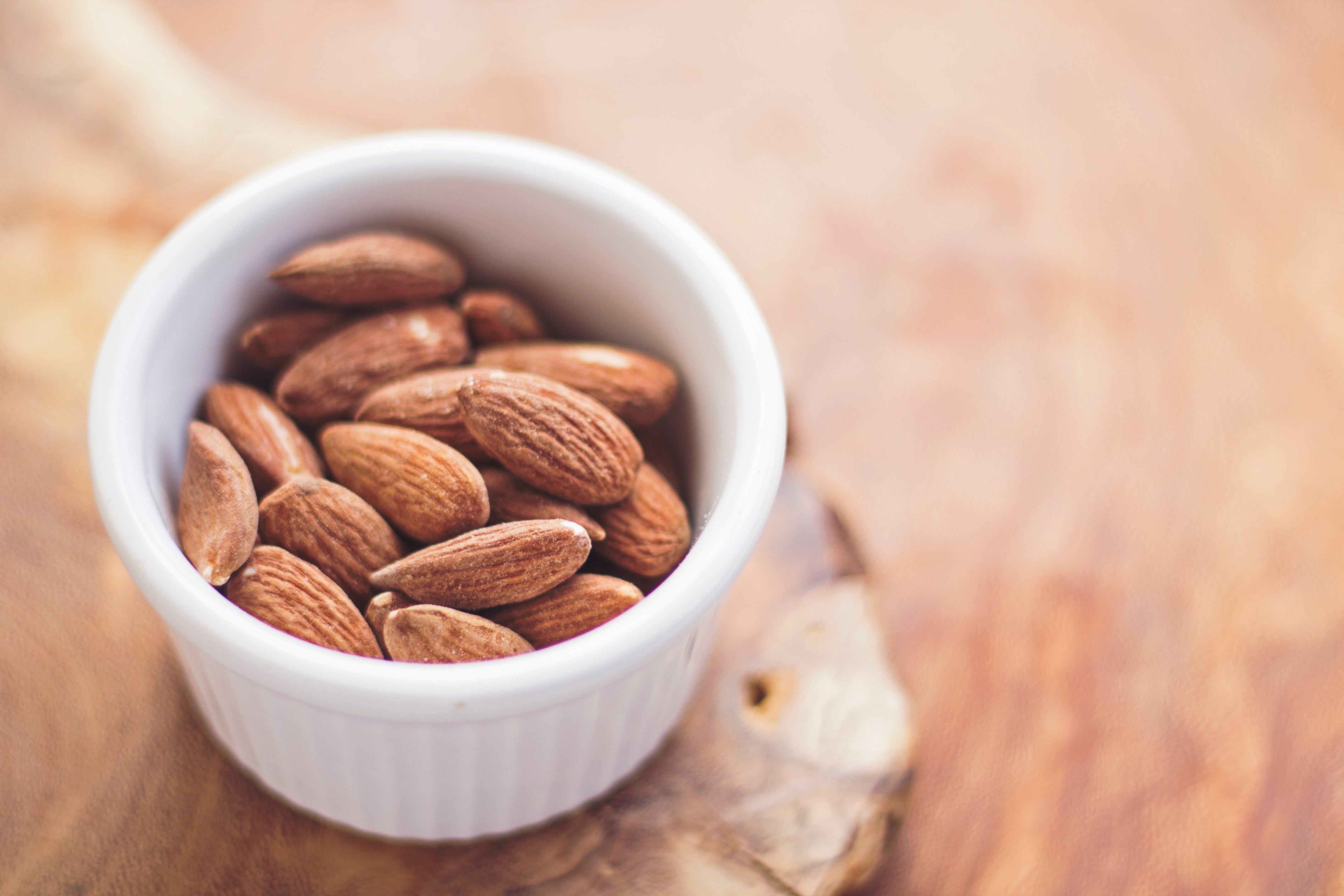
Are you nuts for these nuts? Almonds are a rich source of vitamin E, potassium, magnesium, folic acid and healthy fats. Eating this super nut every day will keep your heart and digestive system healthy and your sugar levels in check. Start your day by eating 6-8 soaked almonds every morning.
5. Honey
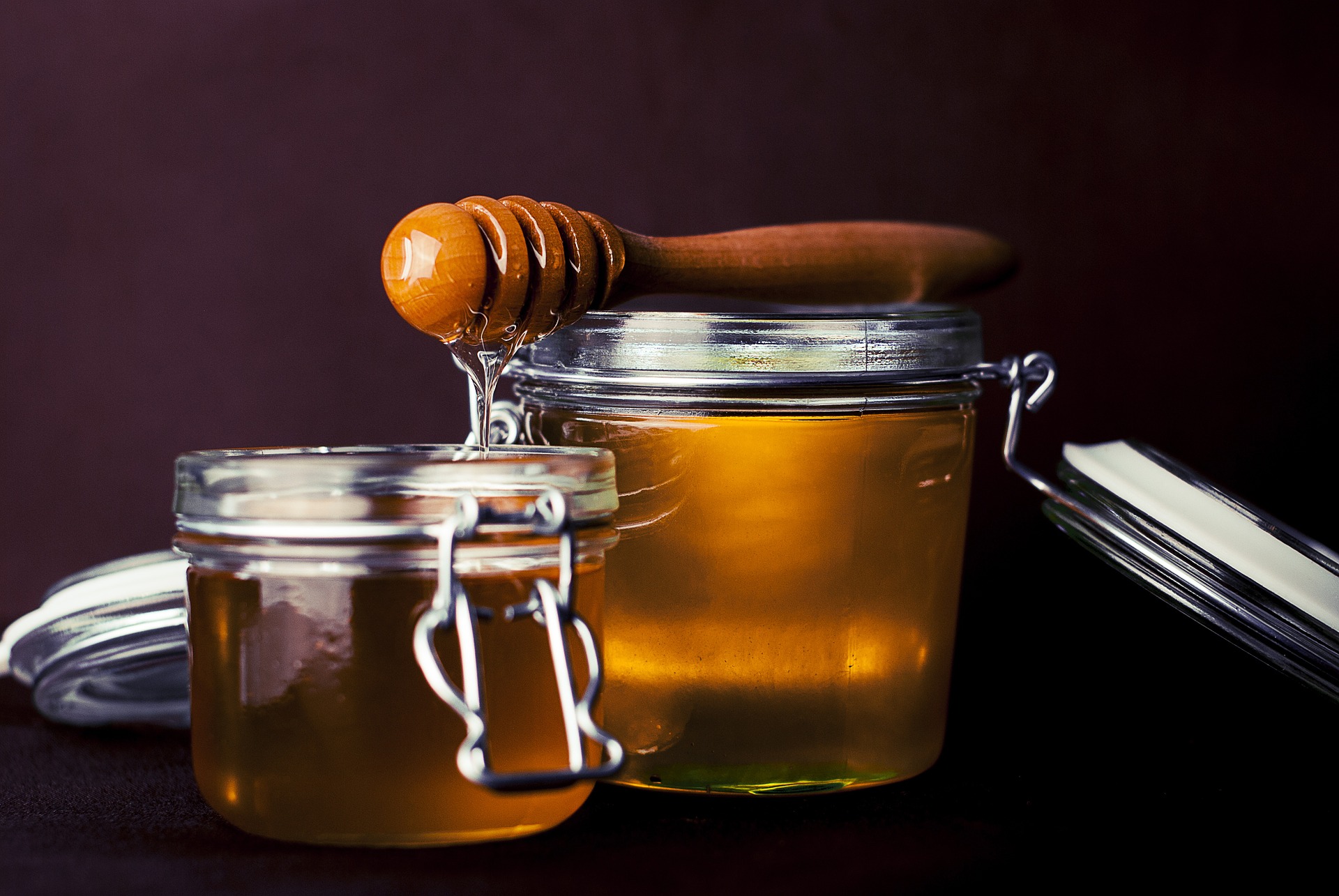
The antifungal and antibacterial properties of honey along with its magical components such as zinc, vitamin and folic acid make it a “must-have” in monsoon. Honey combats cold and flu symptoms, builds up immunity and prevents stomach infections.
6. Jamun
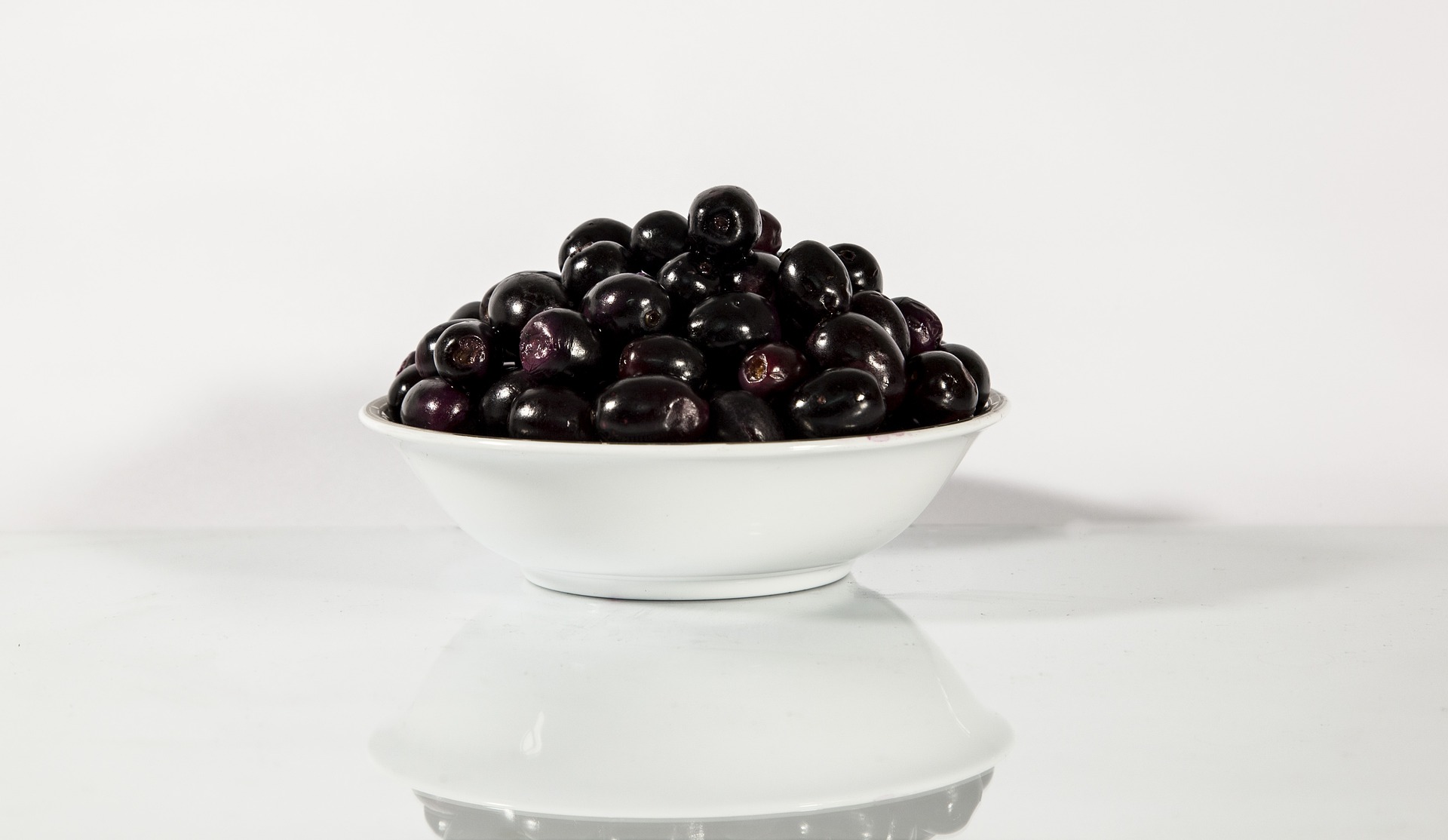
Let fruits fight the infections this monsoon. Jamun is the first fruit of monsoon and has a low-calorie count. It is packed with nutrients such as folate, potassium, iron and minerals. The antioxidants present in this fruit boost immunity and are essential for a healthy body and mind. Jamun is also known to purify the blood.
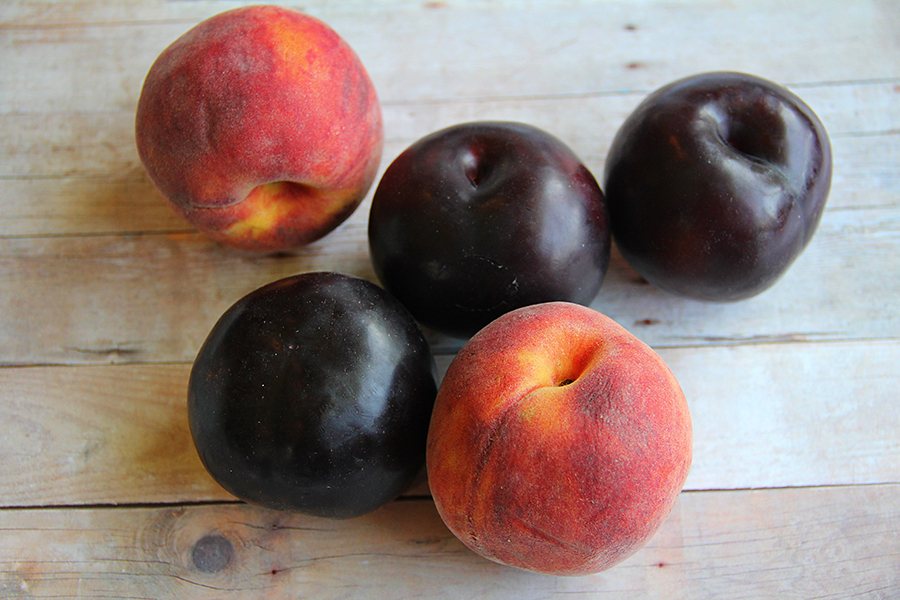
The other seasonal fruits to eat this monsoon are peaches and plums. Peaches are rich in vitamin C and zinc and help prevent water-borne diseases. Plums, from the same family, are loaded with Vitamin A and C and antioxidants. These fruits can be consumed in various forms such as juices, jams, jellies and can also be used in desserts.
7. Apple Cider Vinegar
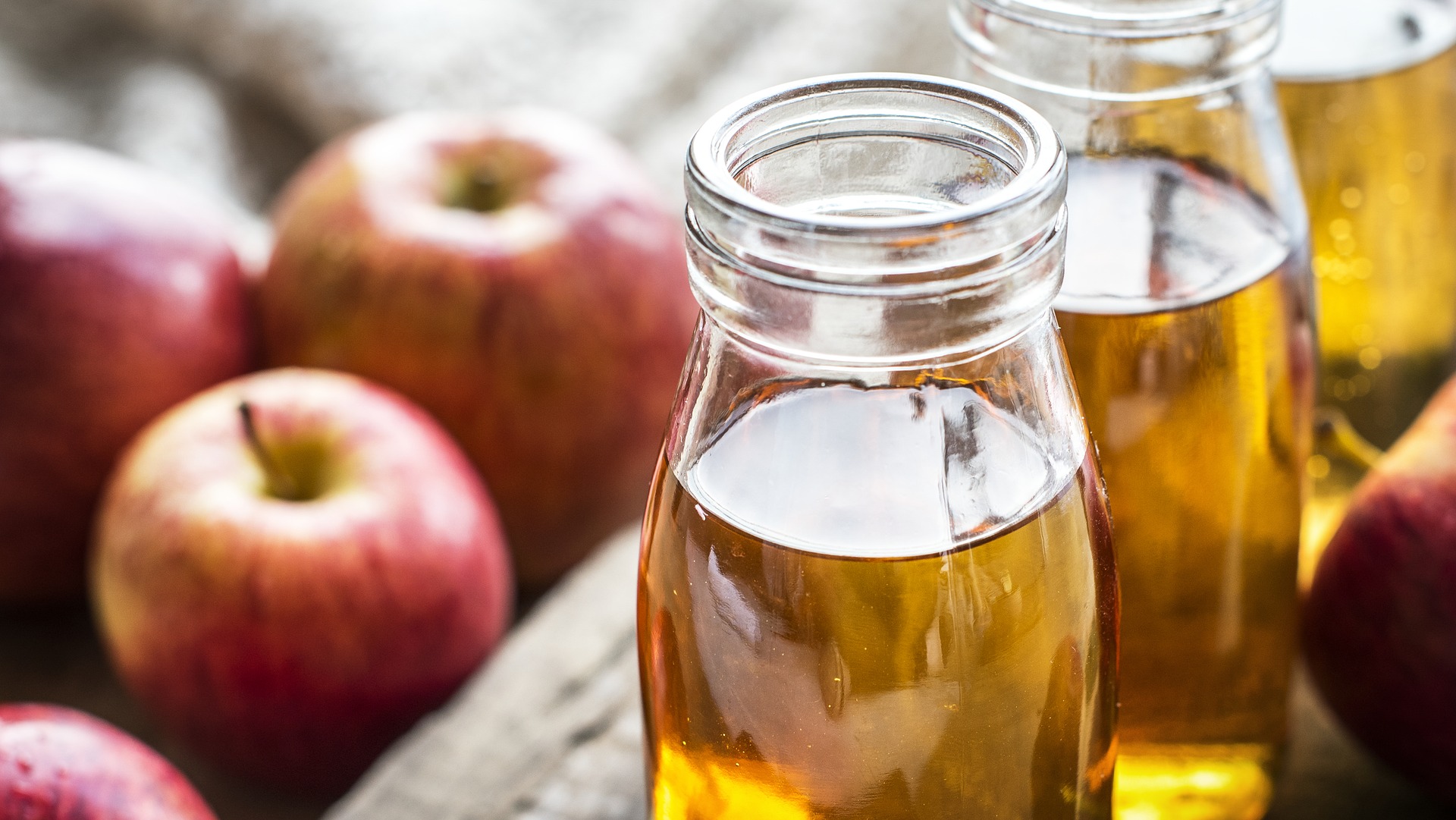
This wonder drink is known for its many health benefits, including the ability to reduce mucus and cleanse the lymphatic system. Take a teaspoon of raw, unfiltered organic apple cider vinegar and mix it with a spoon of honey in a glass of water. Drinking this 2 to 3 times a day can prevent allergies and offer relief from allergy symptoms.
8. The Three Gourds
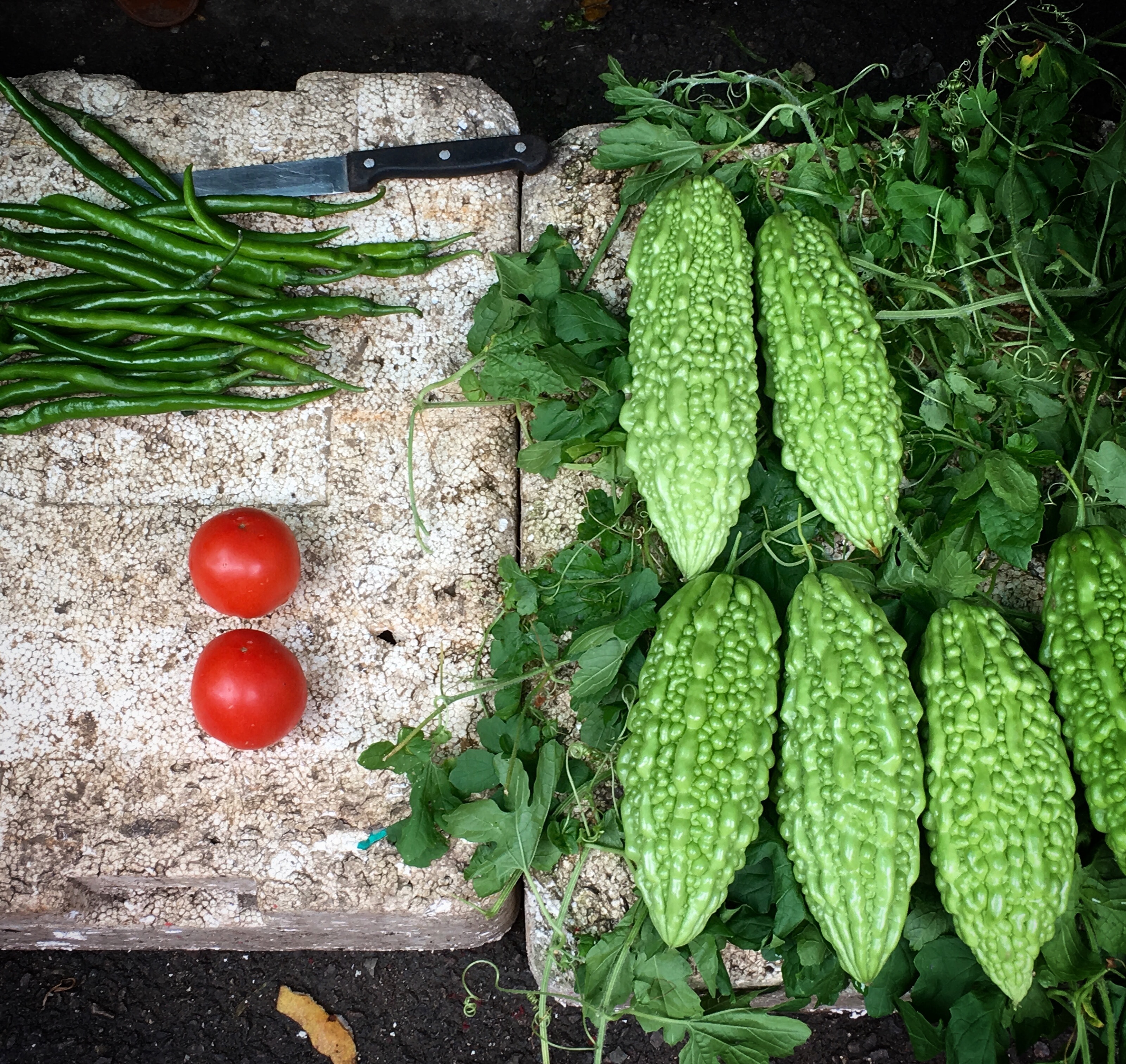
Bottle gourd (lauki), bitter gourd (karela) and pointed gourd (parwal) are among the most nutritious vegetables to keep you hale and hearty this monsoon. These three gourds are rich in antioxidants, vitamins and have antiviral properties as well. Pick up the right vegetables this monsoon and include these in your daily diet to stay healthy.
9. Lentils Sprouts
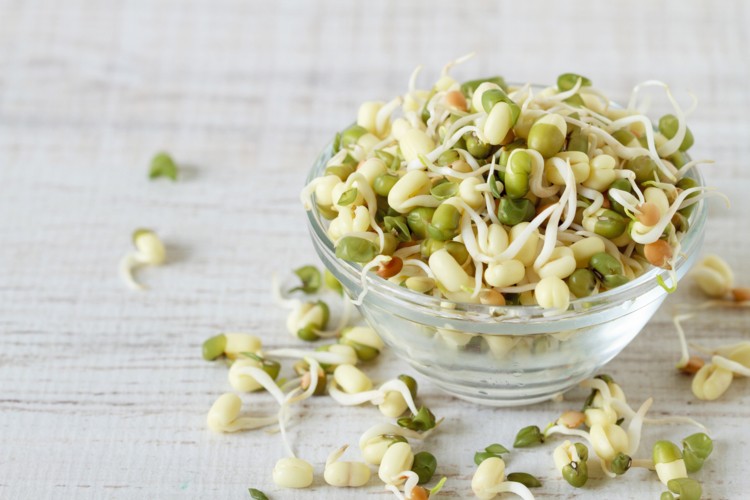
Sprouts are great year-round but you’ll do your immunity a real favour by including them in your diet regularly during this rainy season. It’s easy to make these at home – just soak some moong dal or kala chana overnight, drain the water the next morning and leave out. The lentils should start sprouting in a day or two. Enjoy them raw with chopped onions, tomatoes and lemon juice or stirfry with some cumin, onions, salt and pepper.
10. Herbal Teas & Infusions
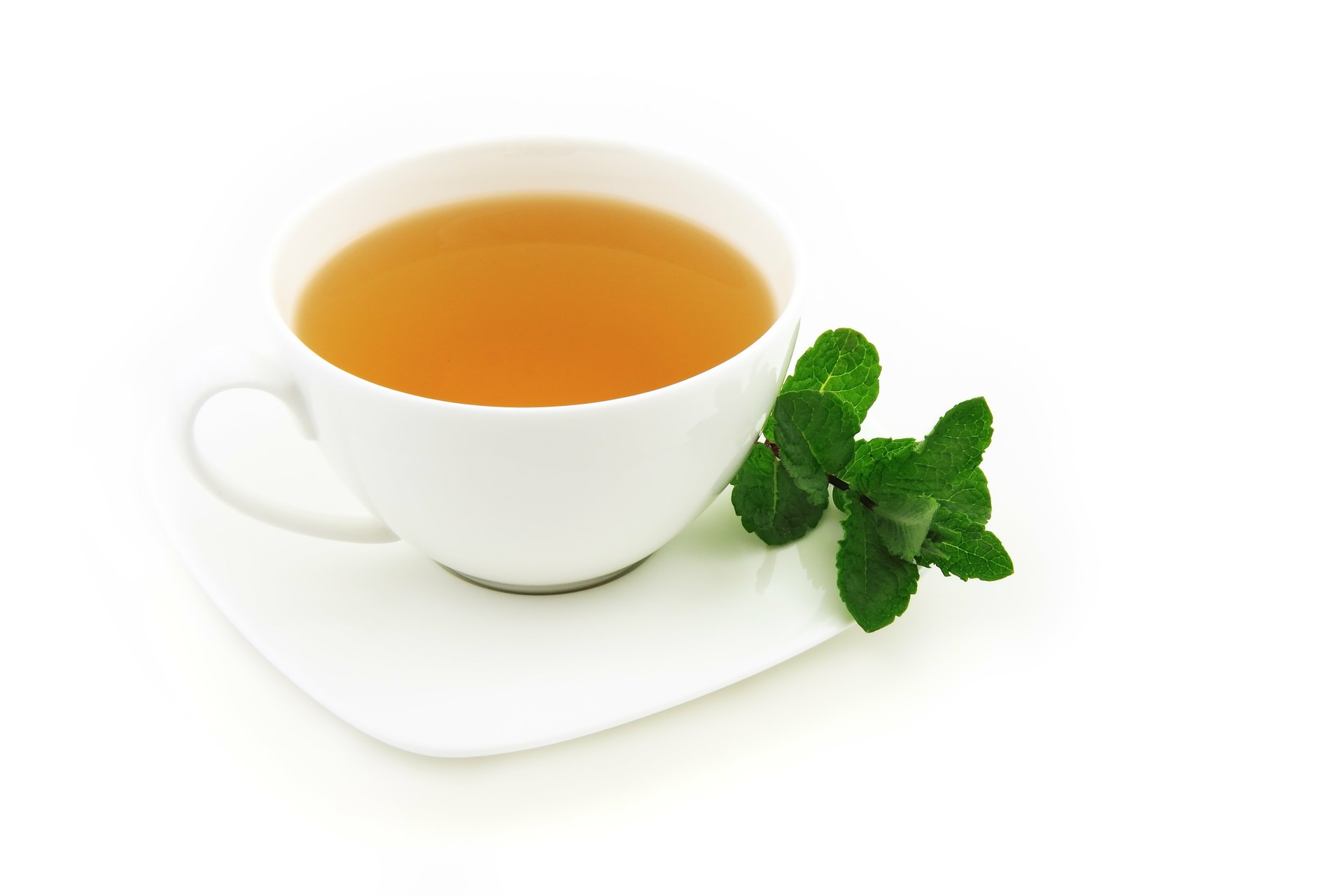
Last but not least, herbal tea is your true friend this monsoon. Rains are synonymous with teas. Ginger tea, chamomile tea, peppermint tea, tulsi tea, lemongrass tea are some of the best herbal infusions to have this season. These herbs have many healing properties and will help to keep your immune system healthy and protect you from colds, coughs and other bacterial infections. Find out more about the goodness of these herbal teas here.
In fact, you can choose from a range of much-loved organic and natural herbal infusions from Himalayan Haat right here. Chamomile to fight stress and give you a good night’s sleep; lemongrass to boost your immunity and relieve those cold and flu symptoms; peppermint to keep your stomach healthy and more! Take your pick below:
Buy Himalayan Haat’s Herbal Infusions here.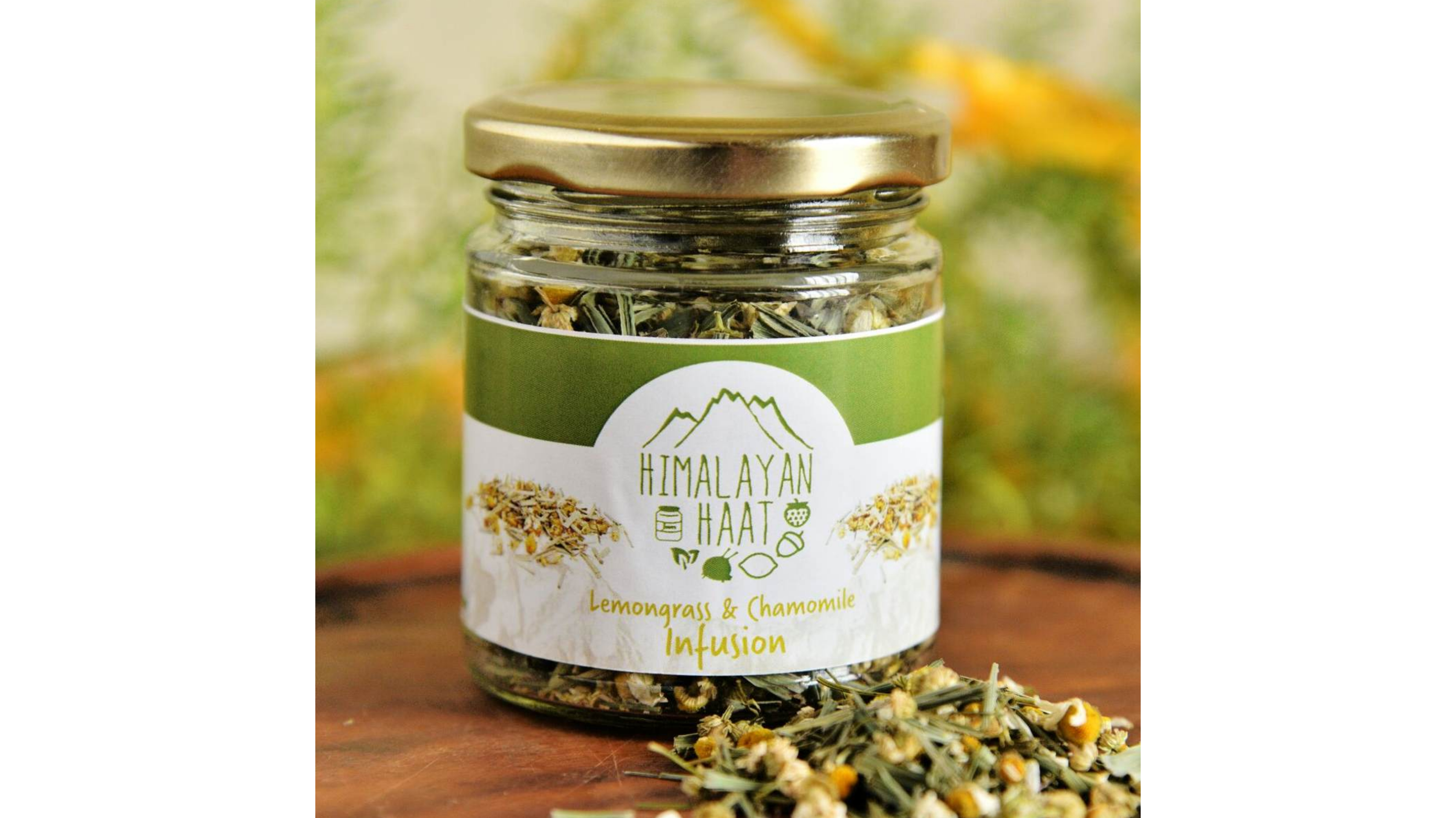
II. 10 Monsoon Dos And Don’ts
Do’s:
- Add garlic to soups, stir-fries and curries
- Increase your Vitamin C intake
- Avoid milk: have curd instead
- Eat barley, brown rice and oats
- Drink more water
Dont’s:
- Consume oily, spicy food
- Ignore skin problems and allergies
- Eat from roadside stalls
- Drink unfiltered water
- Leave home without applying mosquito repellent
We hope that these pointers will help you and your family keep sickness at bay this monsoon. What other steps can we take to stay healthy this season? Do share your thoughts with us in the comments section!

